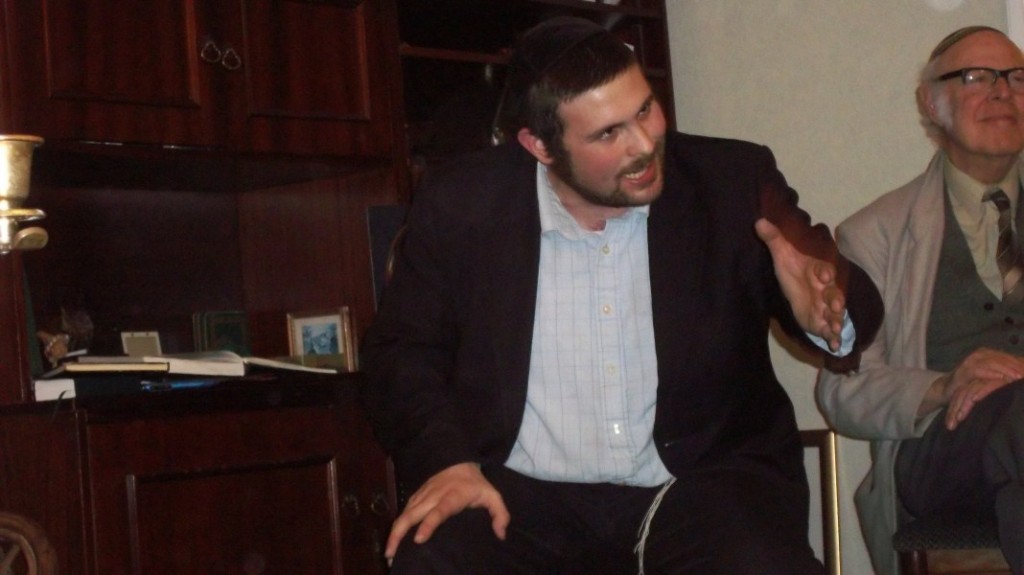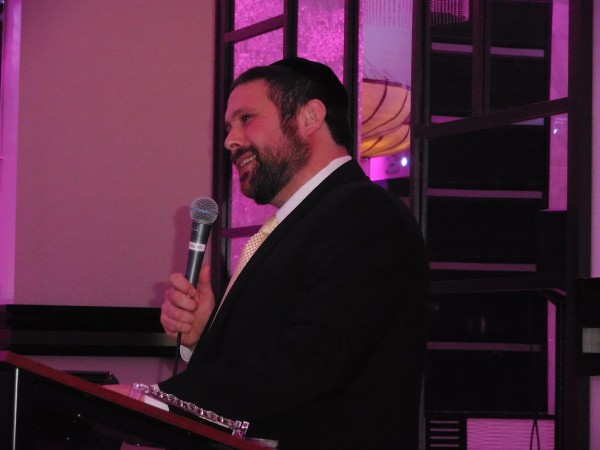As an orthodox Rabbi I believe in the validity of the Torah and all its laws. The Torah forbids the act of homosexuality but doesn’t call the men involved ‘abominable’. If you look at the Hebrew words it says ( lev 18:22) ‘’ It is an abomination’’ the word used for ‘it’ is the feminine word “heey”. If it would be referring to the men, it would have used the Hebrew word ‘HU’ which is masculine. Rather it refers to the act of homosexuality as an abomination as it cannot produce offspring which is the whole premise for permitting sexual intercourse in the first place. (Nachmanadies lev 18:6) In Parshas Kedoshim its says (lev 20:13) “they did and abomination”. In today’s day and age people face real struggles with their sexuality and we have to be sensitive to their struggles. We don’t cast as side people who don’t keep kosher or Shabbat, so why should we cast a side people from the LGBT community. I find it totally wrong that people who are gay, have extra marital affairs or women who have children out of wedlock are shunned and set aside from mainstream Judaism whilst abusers are covered up and held in high regard. Perhaps if we renamed an abuser a ‘rapist’ we could evoke stronger feelings amongst people. The abusers are the ones who should be shunned. The Torah (Deu 22:26) in describing why a married woman who is raped is exonerated from sin says “for just as a man rises up against his fellow and murders him, so is this case” But this is so obvious. Why does the Torah need to tell us this? I believe it is informing us that when a person is raped we have murdered them. We kill a part of them. This sin is so severe it is akin to murder. These are the people we should be turning away from our shuls and schools not good people going through struggles.
The Talmud tells us 7 things were created before the world, one of them was Teshuvah – repentance. The world cannot function without Hashem forgiving our iniquities. I believe that Is why the Torah records the prohibitions of immorality straight after the laws of atonement of Yom Kippur and blood. It is to teach us that we can be forgiven. No matter what levels of sexual depravity we fall too, there is hope for Hashem’s forgiveness. We read these laws on Yom Kippur afternoon to emphasize this point. We can always achieve forgiveness.
I also stated the need not to throw away one’s Judaism just because one is gripped by certain sins. Nachmanadies goes through levels of the ‘Kares’ excommunication punishment. He says if one has these sins but is mainly good he gets the lighter lever of Kares. However, if he is more bad then good he gets the next level. I deduce from here the importance of keeping strong in all other areas of Judaism. I believe this is especially true for those people who can’t refrain from social media on Shabbat. One should still keep Shabbat as best as possible in every other area. Just because one has to text or check Facebook, shouldn’t mean one should cook or drive. The same is true for people who are homosexual. As difficult as it might be, they should still be encouraged and helped to continue to hold fast their Judaism in every other way possible.
I would also like to encourage unmarried woman engaged in sexual activity to strongly consider going to the Mikva (ritual bath). Rabbis have always been hesitant to encourage this as it may be seen as condoning and giving the green light to such behavior, but I believe in today’s day and age we are way past that stage. If we encourage woman to use the mikva we can take away the severe sin of cohabiting with a menstruating woman. Remember this sin applies until a woman has dipped in the Mikva.






